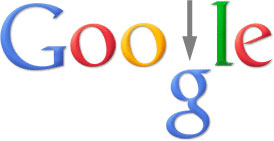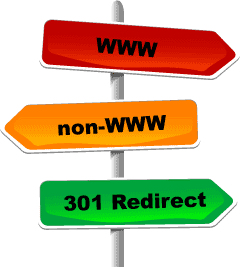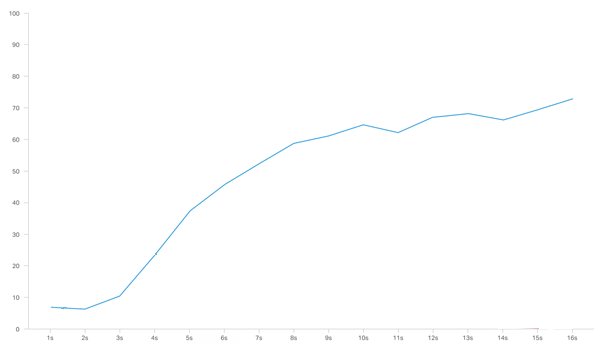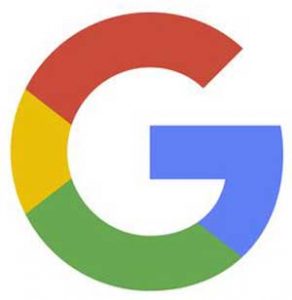How to Protect Your SEO During a Website Redesign
Protect Your SEO

- A redesign of your website
- Changing your website to be responsive and mobile-friendly
- Changing your domain (e.g. BobAndJohnsPlumbing.com becomes BobsPlumbing.com)
- Changing your top level domain (e.g. from .net to .com)
- Switching to a secure HTTPS website from an insecure HTTP website
Any of these changes involve a very real risk of losing your hard-earned search rankings.
When the URL (the website address) of any of your pages changes, all of the links that pointed to that page still point to the old URL. That means the new URL suddenly has no external links pointing to it, and link authority (domain authority, page authority) drops to zero.
That link authority is a critical part of your search rankings. When it drops to zero, so does your Google ranking.
When you begin any website maintenance that’s going to change your URLs, you need to pay special attention to protecting your SEO by protecting your inbound link profile.
How to Protect Your Link Authority

So the first step is to compile a list of the URLs of all the pages on your site before you switch over to the redesigned version. Next to each one, annotate the URL of the new version of that page. If any of your old pages are disappearing, annotate the URL of the closest matching page in your redesigned website. If there really isn’t a matching page in your new website, then use the URL of your home page.
Each of those pairs of URLs represents a unique 301 permanent redirect which your web designer needs to create. Those need to go into effect at the same time as your redesigned website goes live. If you want to test any of your 301 redirects to make sure they’re working properly, there’s a redirect testing tool here.
The inheritance of link authority isn’t instantaneous, so expect a loss of rankings for a few weeks. But there are some things you can do to combat that.
For any of your inbound links with whom you have a personal or professional relationship, contact them and ask them if they would change the target of their links to point directly to the new URLs. That can work to speed up how quickly your rankings will return.
And as always, link building should be an ongoing activity. New links to your new URLs are very important after a website redesign.
More information:
- How 301 Redirects Save SEO in a Website Redesign
- Why Did Your Nice, New Website Destroy Your Search Rankings?
- How To Create A 301 Redirect Map
- Reporting Your Web Site Ranking
- 8 Small Business SEO Essentials You Need to Understand






 Step 2: Once the certificate is installed, update your site to ensure that all links within the site are relative That means if your site displays an image called photo.jpg, the code that makes that image appear should be (assuming the image resides in the main directory): <img src=”/photo.jpg”> as opposed to <img src=“http://www.yoursite.com/photo.jpg>. This is good practice for many reasons, but it also prevents the site from loading non-secure images, as the “http://” prefix will no longer work and would be insecure. Also update your site to ensure that there are no links or references that display content (PDFs or images, for example) linked from outside sites that are not secure. Here is a link to a tool that will scan your website for non-secure content:
Step 2: Once the certificate is installed, update your site to ensure that all links within the site are relative That means if your site displays an image called photo.jpg, the code that makes that image appear should be (assuming the image resides in the main directory): <img src=”/photo.jpg”> as opposed to <img src=“http://www.yoursite.com/photo.jpg>. This is good practice for many reasons, but it also prevents the site from loading non-secure images, as the “http://” prefix will no longer work and would be insecure. Also update your site to ensure that there are no links or references that display content (PDFs or images, for example) linked from outside sites that are not secure. Here is a link to a tool that will scan your website for non-secure content:  Stop it! Don’t use them.
Stop it! Don’t use them.


